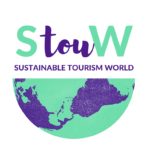Certifications and tools are most commonly used to measure and promote
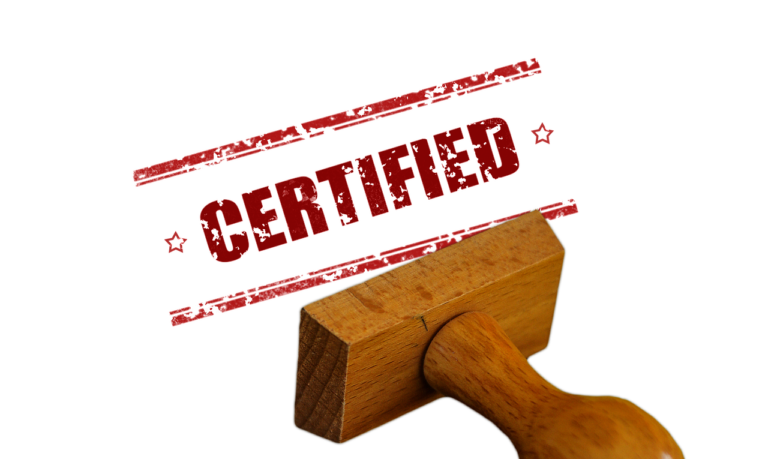
One of the biggest challenges for those who want to have a sustainable business is measuring. We talked about it HERE. The second challenge is navigating the sea of certifications and the most valuable tools to measure progress.
This is why I have decided to share the tools I have identified, the organisations I follow and the certifications I consider most valid. I have also looked online to ensure I have not missed any crucial changes.
Let's start with certifications
Considering a filter and identifying the more complete and valuable certifications for our objective is essential. For example, if we are an Italian operator working with foreign clients, a certificate known to our market will be more useful (even if it is perhaps a lesser-known certification for us).
One of my points of reference, very useful for this purpose, is the Global Sustainable Tourism Council. The Global Sustainable Tourism Council is a US-based non-profit organisation that has established the most widely accepted sustainable tourism standards worldwide. These standards have a dual function as a direct reference for tourism operators and destinations and as a reference for the best certification bodies at an international level (and I anticipate there is also an Italian company).
Why is GSTC one of my main reference points for sustainability standards, criteria and certification in tourism?
The GSTC is one of my reference points for evaluating certifying bodies because, when it was founded (in 2007), it researched for 15 months. The consultations were among the founders (Rainforest Alliance, the United Nations Environment Programme (UNEP), the United Nations Foundation (UN Foundation) and the United Nations World Tourism Organisation (UNWTO), along with a coalition of 32 leading tourism industry partners.
More than 60 existing certifications and voluntary criteria sets already implemented worldwide were examined.
More than 4,500 criteria were analysed, and more than 80,000 people, including environmentalists, industry leaders, government authorities and UN bodies, were invited to comment on the resulting criteria.
I, therefore, rate accredited certification bodies very highly.
Certification programmes are accredited for compliance with the requirements of the GSTC Accreditation Manual through ASI.
Accredited means that the certification procedures essentially meet the international transparency, impartiality and competence standards identified by GSTC.
The first entity I want to introduce is Vireo Srl.
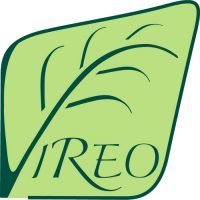
Vireo Srl is an Italian certification company providing Italian and foreign companies with environmental certification services. Vireo provides globally recognised ecological certification schemes such as FSC, MSC and GSTC – as a GSTC-accredited certification body. A professional approach and in-depth knowledge of ISO standards are the key elements characterising Viero’s services. Based in Padua, Italy, Vireo has international experience and works with professional and highly qualified auditors. Vireo provides this service to hotels, tour operators and destinations.
The second organisation I want to introduce is Green Destinations.
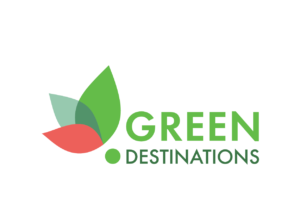
Green Destinations (GD) is a non-profit organisation of destination experts and ambassadors working in 80 countries. GD supports a broad community of managers and stakeholders of local, regional and national destinations, improving destination sustainability, market visibility and tourism quality.
The GD Certification Committee oversees the certification and benchmark awards (Bronze, Silver, Gold, Platinum) based on the GD Standard recognised by the GSTC and other standards (e.g. national). The GD offers destinations and countries state-of-the-art tools for basic assessment, monitoring, reporting and strategic development, also as the UN Sustainable Development Goals.
In Italy, we have two reference associations for sustainability: Legambiente and Associazione Italiana Turismo Responsabile.

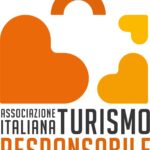
Among these, AITR is also an excellent reference for those who have European guests at their activities as it works in partnership with EARTH European Alliance for Responsible Tourism and Hospitality.
The only drawback of these two organisations is that you must be interested in them to get to know them. In contrast, the bodies mentioned above, particularly VIREO SRL, certify more realities according to better-known standards and criteria.
The validity and soundness of the activities promoted and evaluated with Legambiente (under the Legambiente Turismo label) and the guiding principles of AITR remain undeniable.
At the European level, there are other certifications, among which Ecolabel EU, the most widespread certificate for European products, stands out for its longevity and credibility. Initially focused on the green part of sustainability, I hoped it had evolved. I included the evaluation of socio-cultural and economic aspects of services, but this is not the case even in the 2022 version. It remains valid for assessing and monitoring environmental sustainability, and since the checklist is available, a screening can be done independently.
In the corporate world, B Corporation stands out.
The B Corp certification is one of the most exciting standards for measuring one’s performance in this respect and guiding the company on a continuous improvement path. The areas of impact are:
Governance
Community
Environment
Workers
Customers
Transparency.

Tools for measuring impacts and improvements
Used by over 150,000 companies, the B Impact Assessment is a digital tool that can help measure, manage and improve positive impact performance for the environment, communities, customers, suppliers, employees and shareholders, receiving a verified minimum score of 80 points on the assessment is also the first step towards B Corp certification. This is a free assessment tool.
Some handy tools for hotels are:
The Hotel Carbon Measurement Initiative (HCMI), here you can find my experience with Hotel Loveno. The Hotel Carbon Measurement Initiative (HCMI) is a tool for the hospitality industry to calculate the carbon footprint of hotel stays and meetings in their properties.
The Sustainable Hospitality Alliance promotes the Hotel Water Measurement Initiative (HWMI) and the Destination Water Risk Index.
The Hotel Water Measurement Initiative (HWMI) is a methodology and tool that allows hotels to calculate water consumption in their properties.
The Destination Water Risk Index provides evidence and guidance to hotel companies, developers and their stakeholders to prioritise water management in investment, development and renovation decisions and manage hotels in high-risk destinations.
CARMACAL calculates greenhouse gas (GHG) CO2 emissions for any tourism product or destination, combining emissions from flights, ground transport, accommodation and activities.
It is a fantastic tool for tour operators, industry professionals and travellers and can be divided into three groups:
Tour Operators – use CARMACAL to calculate and report the footprint of their products for any group size or travel duration.
Destination Management Organisations (DMOs) – use CARMACAL to calculate and report the footprint of your destination or regions to see what tourism contributes to your emissions.
Travellers – use CARMACAL to calculate your holiday footprint and see how each choice can make a difference.
CARMACAL is driven by user input and a secure database that stores all user calculations for analysis and reuse. CARMACAL has two purposes:
It constitutes the numerical basis for the sustainable management of tourism and travel companies and organisations.
It provides the public with information on the carbon emissions of travel products through apps and third-party websites.
Input information is processed using existing external web applications, data from partner resources and proprietary datasets. The processes are fed with news from a variety of databases.
- Hotel data: Tavelife for accommodation
- Flight data: RDC Aviation and IATA
- Land transport: MOBITOOL and University of Breda
- Activity data: Travelife for tour operators.
Travelife is a leading training, management and certification initiative for tourism companies committed to sustainability. It is based in the Netherlands and has been active since 2007.

Launched in mid-2022, Path Net Zero is not free of charge, and its business model is currently tied to users paying for carbon offsets to process measurements for specific trips.
The UNWTO, together with pioneer countries and in collaboration with international organisations such as UNDESA-UNSD and ILO, launched the Measuring the Sustainability of Tourism (MST) initiative in 2016, aimed at providing a statistical framework to measure the impacts and dependencies of tourism on the economy, society and the environment, at both national and sub-national levels.
The Statistical Framework for MST will be a valuable guiding tool for countries to produce credible, comparable and integrated data to inform better sustainable tourism decisions and policies, including the Sustainable Development Goals. The draft in English can be downloaded here.
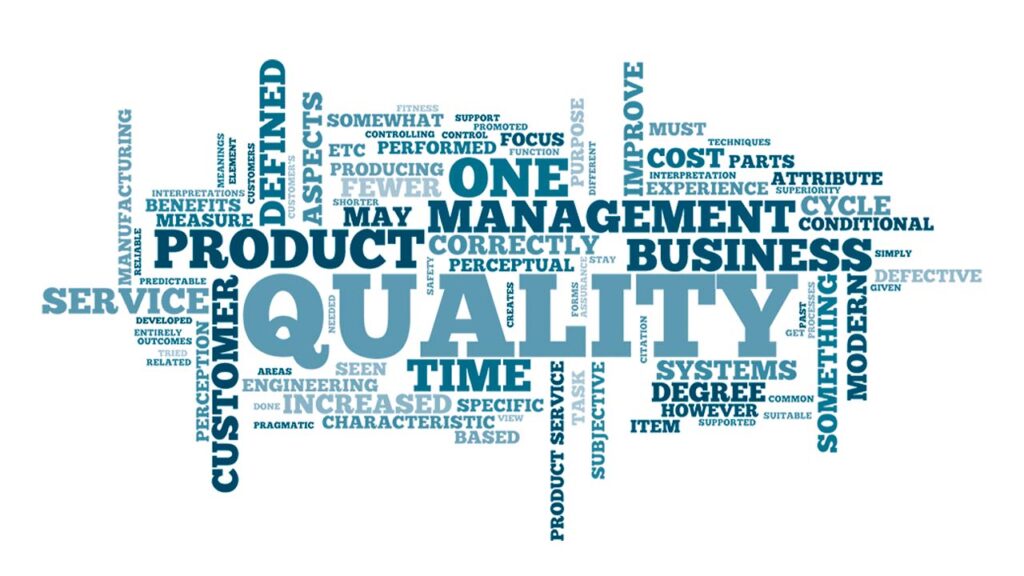
Sources
Sara – tourism sector consultant
PS. Do you want to GROW your business with POSITIVE impact… without huge investments? Sign up for the email list by clicking on START HERE!
Or click this link https://www.sustainabletourismworld.com/start-here/ to download my INFOGRAPHIC!
